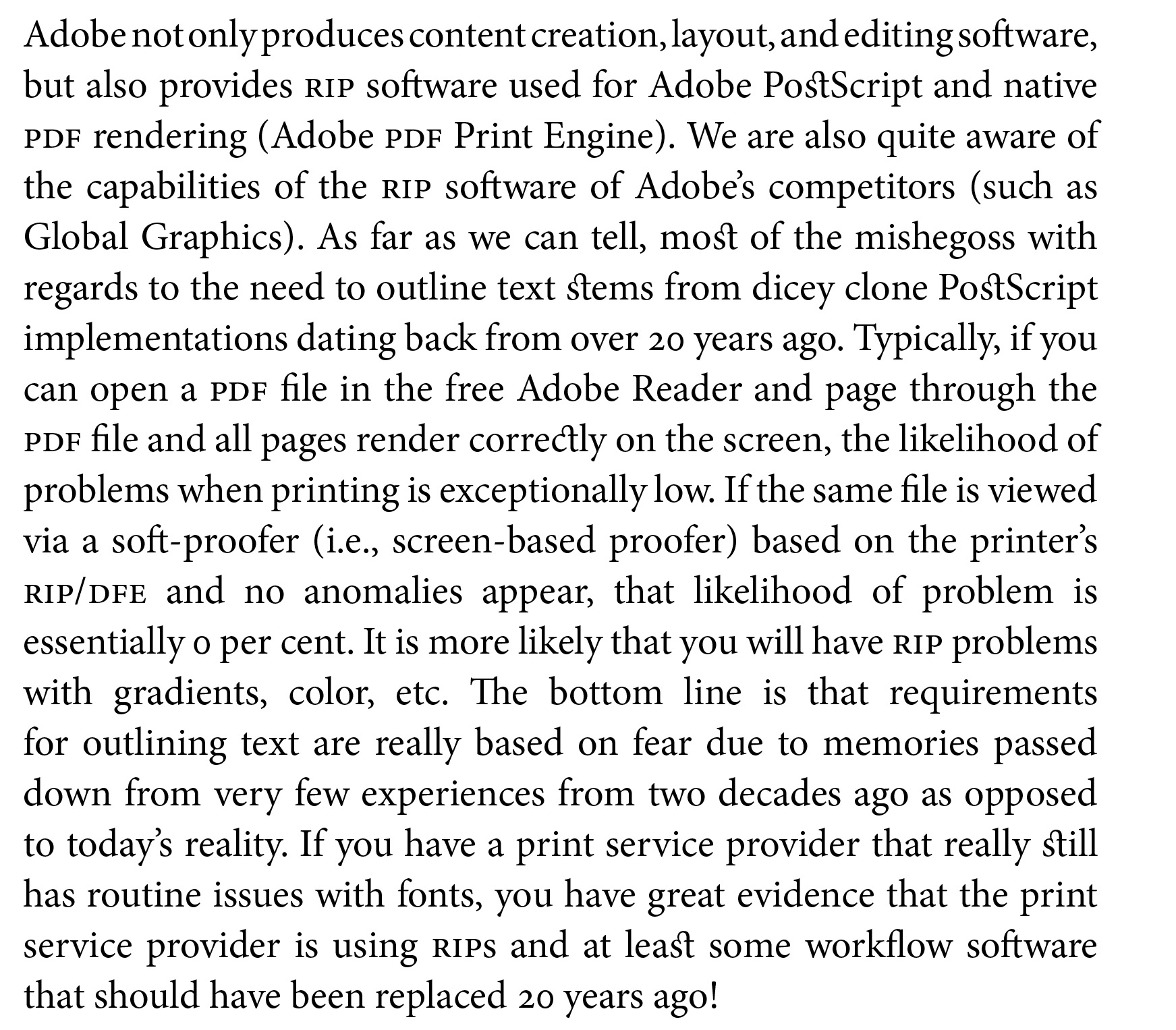- Home
- InDesign
- Discussions
- Re: Weird "St" letter combination & grid lines
- Re: Weird "St" letter combination & grid lines
Copy link to clipboard
Copied
I am currently editing an English learning book that we are about to send to print (today) and I've noticed that every time I have an "s" and a "t" together, in that order only, they combine together at the top. These are the only letters that do anything strange like this. Before, I thought that when I exported the PDF, it went away, but now I notice it remains the same in PDF form. I'm using Arial type font, if that's relevant.
Any thoughts? This is really perplexing and literally the main thing standing in the way of print.
The other part of this question is about grid lines which I believe a previous editor drew in. I'm adjusting a bunch of clip art in the "sticker pages" of this book and need these grid lines, which I didn't know existed until, by accident, when I was cutting an image from the base layer, these grid lines appeared. I'm not sure which layer they are is one problem. How can I make the grid lines on 3 other pages appear again?
Thanks so much!
 1 Correct answer
1 Correct answer
Actually the ‘st’ issue is normally not simply a matter of ligatures by themselves. The ‘st’ (and similar ‘ct’ and ‘ch’) ligatures are normally not enabled simply by enabling ligatures. These are typically what are described as discretionary ligatures and represent “historical” ligatures not commonly used in most settings. The discretionary ligatures as well as other features such as swash alternates, titling alternates, and slashed zero are enabled in the OpenType Features tab of the paragraph
...Copy link to clipboard
Copied
Hi,
For problem 1: You can turn off ligatures from the paragraph style that is applied on the text.

For problem 2: you need to add a screenshot which grids do you want. Were they document grid or baseline grid? You can turn these on from the view menu.

-Aman
Copy link to clipboard
Copied
Thank you!! Fortunately, I've solved my "st" problem.
As for the grid lines, I don't think these lines are program-based, but something an editor before me had created. I've already messed with the View -> Grid & Guidelines options. I just don't know which layer these grids are on or how to reach them.
Copy link to clipboard
Copied
Perhaps paragraph rules? If not, you'll need to provide a screenshot.
Copy link to clipboard
Copied
Actually the ‘st’ issue is normally not simply a matter of ligatures by themselves. The ‘st’ (and similar ‘ct’ and ‘ch’) ligatures are normally not enabled simply by enabling ligatures. These are typically what are described as discretionary ligatures and represent “historical” ligatures not commonly used in most settings. The discretionary ligatures as well as other features such as swash alternates, titling alternates, and slashed zero are enabled in the OpenType Features tab of the paragraph styles.
For typical typography, you enable ligatures in the Basic Character Formats and disable discretionary ligatures in OpenType Features.
- Dov
PS: Personally I absolutely love those ligatures. Some or all of these and other similar discretionary ligatures are actually available in many newer versions of OpenType CFF and OpenType TrueType fonts including Calibri from Microsoft and many of the Adobe Original fonts.
Copy link to clipboard
Copied
I know the answer is already accepted and the OP figured out his ligature issue, but for future lurkers, I want to be clear that turning off ligatures in Paragraph Style or the Control menu will *not* turn the discretionary ligatures off. It only turns off "normal" ligatures like fi and ff and ffl.
As Dov explained, to turn off the discretionary ligatures that you might see between ct and st letter pairs, you select the text, go to Control panel menu > Open Type, and deselect the Discretionary Ligatures option.
I like those too, but find them distracting in body text. They're cool in display type, though.
Copy link to clipboard
Copied
Yep, they can look "spotty" in solid text.
Copy link to clipboard
Copied
Certainly, depending upon the font, at smaller point sizes (typically < 12pt), they can look like serious rendering errors! ![]()
- Dov
Copy link to clipboard
Copied
Dov's immortal words with st and ct ligatures. To me it looks rather fussy and self-concious – the typography, not the prose!
(Aplologies for hi-jacking)

Copy link to clipboard
Copied
Presumably the st is a ligature and you need to change these to "normal" characters – Find - Change.
Copy link to clipboard
Copied
Hey you guys! Thanks very much for all the help here. Originally, this did clear up my issue with the main body of the text. Now, however, four weeks later, I'm looking over the final document and I notice that smaller text boxes still appear to have these ligatures as a norm. HELP. How do I switch these off over the entire document (which I thought I had done...)? Thanks!
Copy link to clipboard
Copied
If you want them off in the entire document you could just do it through a find / change. Use the find format pane to search for discretionary ligatures and then disable them in the change format pane.
Copy link to clipboard
Copied
Additional to Bob's answer: if they appear by default in all text frames, then you must have one of these 3 things:
1. You edited the Basic Paragraph Style and enabled them in there.
2. You enabled them in a custom paragraph style and set it as the default style for new text frames.
3. You had nothing selected and switched them on in the Character Panel. (Which does basically the same as #1 and #2, only in a different way.)
Before you create any new text frames, you'd better hunt down the cause and fix it, because else they will pop up the next time you edit this document – ... which could again be weeks away.
Copy link to clipboard
Copied
… And this thread shows yet again why strict discipline is defining and especially zealous consistent use of both paragraph and character styles is so critically important in use of InDesign and other products with similar style features!
- Dov
Find more inspiration, events, and resources on the new Adobe Community
Explore Now
